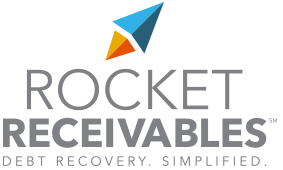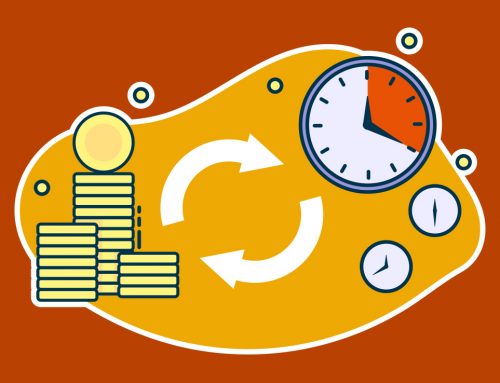Automation is impacting every industry sector – including debt collection.
Smart computers are increasingly automating our most tedious tasks. This is happening in every industry sector, from manufacturing to medicine, construction to collections.
Whether you consider automation as an innovator or a disruptor, there should be no argument that these changes have improved business workflows. Automation is not just robotics, which is what most often comes to mind when you consider technology’s impact. Automation is being applied to big data and even how machines process information.
One place where automation is playing a big role is in the ever-changing field of debt collection. Today, automation can integrate your current accounting or practice management software with your collection vendor’s software. This article will show you the practical applications for automation in debt collection and how it can take the headache out of chasing down late accounts.
Automation in the U.S.
When we think about it, automation is nothing new; it’s just being applied in new ways. Things that we take for granted every day, like going to the ATM, have become a normal and accepted part of our lives. Before ATMs were introduced in the 1960s, customers had to go inside the bank and fill out deposit or withdrawal slips to complete their banking. While this is one example of how automation has made our lives more convenient, the rise of computer automation tied to robotics has impacted the speed, accuracy, and cost of building things, while also disrupting the American workforce in both positive and negative ways.
Automation has some definite cons – but for debt collection, there are only pros.
Technology Review shares some statistics about the impact of increasing automation in all industry sectors:
- Jobs for workers that conduct electronic assembly are expected to sharply drop by 2026.
- Jobs for software developers, statisticians, and mathematicians – the workers that create automation algorithms – are on the rise.
Debt collection is one industry that is completely shifting with the advent of automation. Let’s look at how automation is allowing these professionals to work smarter, collect more, and save their clients’ money.
Automating Debt Collections
Today, firms like Rocket Receivables make use of the most cutting-edge technology and applies it to the age-old practice of debt collections. Automation allows us to connect with accounting software and process past due customer accounts more quickly and efficiently. Rocket Receivables integrates with most versions of the following general accounting platforms:
- QuickBooks
- Peachtree (Sage 50)
- FreshBooks
- 21stCentury Accounting
- MYOB
But we also tie into specialized accounting/practice management systems for medical practices, dental practices, chiropractors, veterinary practices, and more.
Our process helps clients automatically identify overdue accounts without running reports. Automation allows computers to determine the highest risk accounts and the past due clients that are more likely to pay. This improves the efficiency of debt collections, which is precisely why our ROI is three times higher than the industry average:
- The industry average for debt recovery: 14%.
- Rocket Receivables debt recovery: 56%.
Rocket Receivables uses the best and most innovative automation technology to improve and perfect the traditionally human-centric field of debt collection.
Why not work smarter and improve your debt collections ROI? Just click to buy now.






